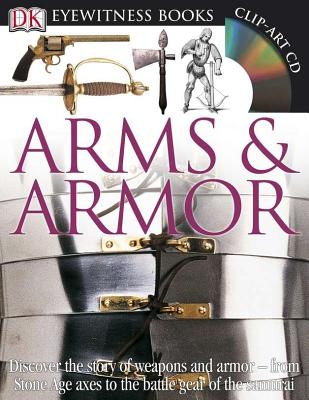
description
9The Mirage F1 emerged from a series of design studies performed by French aircraft manufacturer Dassault Aviation. Having originally sought to develop a larger swept wing derivative of the Mirage III, which became the Mirage F2, to serve as a vertical takeoff and landing (VTOL) propulsion testbed akin to the Dassault Mirage IIIV, however, it was soon recognized that the emerging design could function as the basis for a competent fighter as well. Both the Mirage F2 and a smaller derivative, referred to the Mirage F3, received substantial attention from both Dassault and the French Air Force, the latter being interested in its adoption as a long-range fighter bomber as a stopgap measure prior to the adoption of the envisioned Anglo-French Variable Geometry (AFVG) strike aircraft.
Parallel with the Mirage F3 study, which was intended to serve as an interceptor aircraft, Dassault decided to study a single-seat derivative which featured the all-French SNECMA Atar 9K-50 turbojet engine. The Spanish Air Force was the second Mirage F1 customer, and purchased a total of 91 machines of different variants from 1975, equipping a total of four squadrons, during the period 1998-2000, the survivors were upgraded to Mirage F1M standards, and were phased out of service in June 2013, but about 22 of them were given a new lease of life after being acquired by Draken International to be used as aggressors in the US.
Parallel with the Mirage F3 study, which was intended to serve as an interceptor aircraft, Dassault decided to study a single-seat derivative which featured the all-French SNECMA Atar 9K-50 turbojet engine. The Spanish Air Force was the second Mirage F1 customer, and purchased a total of 91 machines of different variants from 1975, equipping a total of four squadrons, during the period 1998-2000, the survivors were upgraded to Mirage F1M standards, and were phased out of service in June 2013, but about 22 of them were given a new lease of life after being acquired by Draken International to be used as aggressors in the US.
member goods
No member items were found under this heading.
Return Policy
All sales are final
Shipping
No special shipping considerations available.
Shipping fees determined at checkout.







